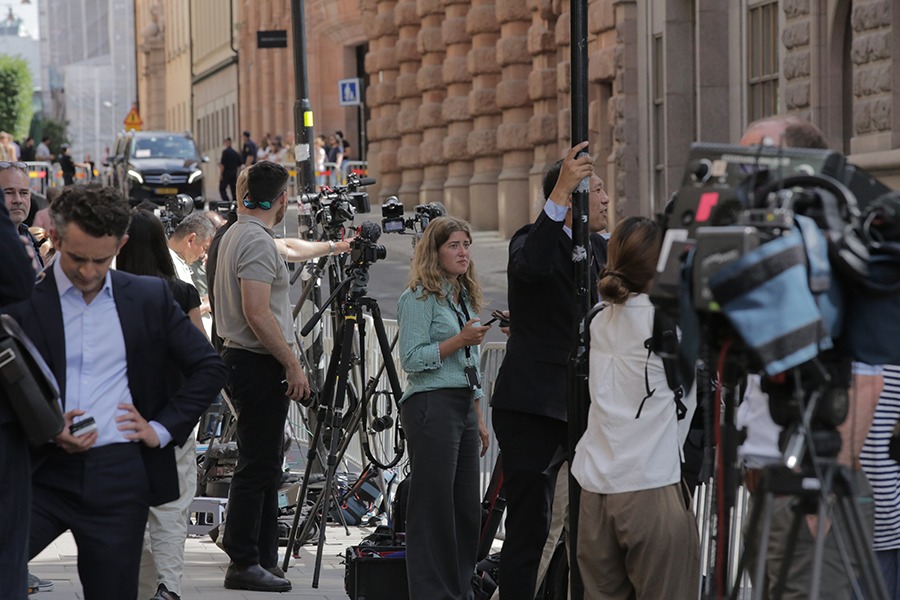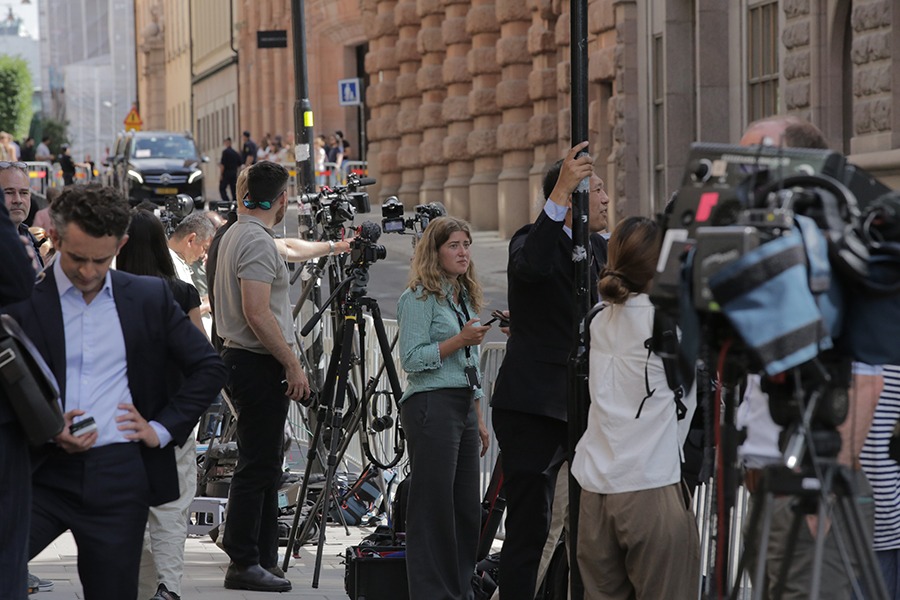Spoiler alert, they violate your rights


WITH AVENGERS: ENDGAME in cinemas those giving away the plot and ending have come in for criticism. China Daily writer Zhang Zhouxiang looks at why people do not like spoilers:
"Please do not spoil the movie."
"Spoilers go away."
"Please, please do not say anything! I'd like to watch the film!"
In recent days, such sentences have been rife on WeChat and other social media platforms. There have even been jokes about teaching people how to fill their ears with cotton wool so as to avoid hearing anything which might spoil the movie for those yet to see it.
All complaints and jokes point to one common foe-spoilers-those who watch a film then tell anyone who hasn't what happens.
In a sense, such spoilers are violating the audiences' rights. When one buys a ticket and goes to the cinema, one expects to enjoy the plot, follow its twists and turns, and experience the highs and lows of character arcs in a communal way with the rest of the audience.
Just like actor Harrison Ford once said, "People are paying to get in and they should experience the film."
Yet one single spoiler can destroy this experience. By talking openly about a film, they violate the rights of anyone who hears them.
For directors and scriptwriters, too, the spoiler is the bad guy. For decades, directors and scriptwriters have put small jokes into their works with unexpected results.
Even in serious works such as The Wandering Earth that stress sacrifice, there are small jokes such as the inexperienced hero pretending to be an experienced truck driver and having accidents.
The spoiler, as the term suggests, spoils even these small touches. Spoiler alert: If you haven't seen the film, now you know the moment he enters the truck the character will have an accident, will you still find that interesting?
Of course, film critics are welcome, but please do not give everything away. I want to enjoy watching the movie.


































